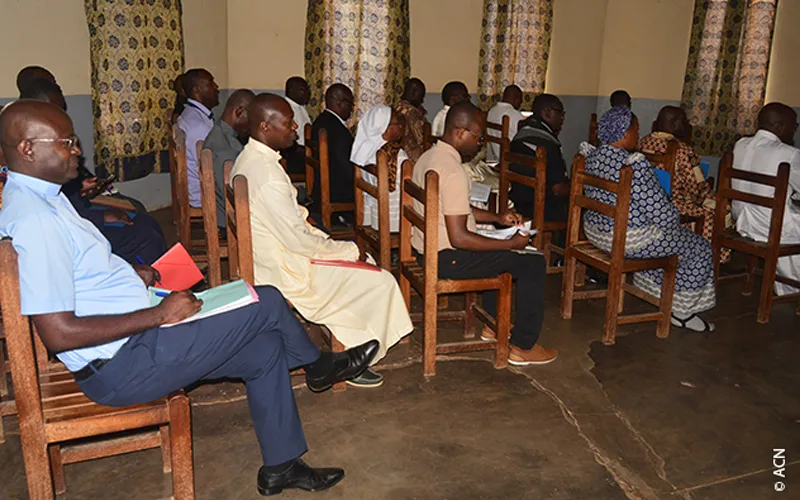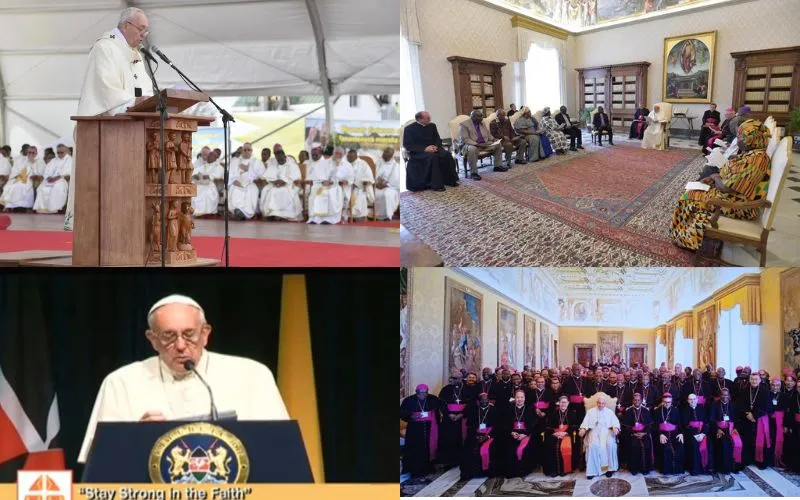Douala, 10 April, 2021 / 1:00 pm (ACI Africa).
Priests in charge of formation in various Seminaries of Cameroon’s Douala Ecclesiastical Province are undergoing training to boost their skills in forming future Priests in the country.
The leadership of Catholic Pontifical Organization, Aid to the Church in Need (ACN) International, which is supporting the capacity building initiative says that mistakes in selection and formation of young people into Priesthood have sometimes led to scandals in the vocation.
In the ACN report published Wednesday, April 7, officials of the Pontifical charity underscore the need to train formators who possess “great psychological sensitivity towards the seminarians.”
“Scandals in many different countries have demonstrated how disastrous it can be for the wrong kind of candidates to be admitted to the priesthood. Hence it is urgently necessary to make a very careful selection, which begins even before the young man has entered the seminary,” the leadership of ACN says.
According to the Pontifical Catholic organization, one of the most important factors in the work of formators in Seminaries is the discernment required for the selection of the right candidates.








